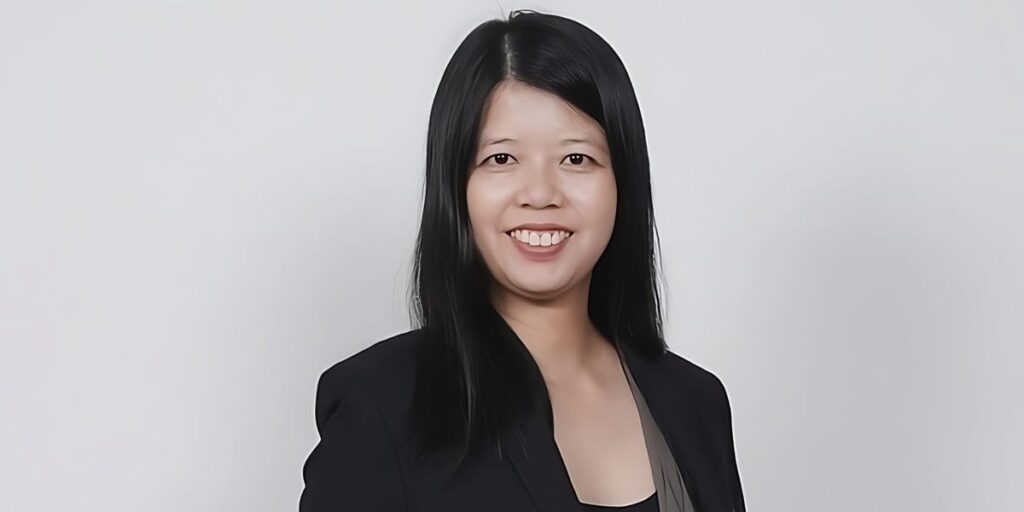Some of today’s most in-demand jobs didn’t exist a few years ago, and no traditional degree can fully prepare you for them, one of LinkedIn’s top economists told Business Insider.
Chua Pei Ying, LinkedIn’s head economist for Asia Pacific, told BI on the sidelines of the Fortune AI Brainstorm 2025 Conference in Singapore that employers were already shifting toward “skills-based hiring” even before the rise of AI.
Employers don’t just look at the candidate’s degree or past job titles. They think about the skills candidates bring, especially because a lot of jobs are new, Chua said in the interview last month.
According to LinkedIn data, more than one in five professionals hired in Asia Pacific hold job titles that didn’t exist 20 years ago, from data scientists to content creators.
“You can’t hire someone for a brand-new type of job if that job never existed in the past,” Chua said. “Similarly, you can’t hire someone who has a degree for that area if this area is completely new,” she added.
The rise of new digital tools and platforms is changing how companies operate — and what they expect from workers.
“AI literacy is going to be mainstream,” Chua said. “It’s going to be expected for everyone.”
Skill sets for the same job have changed by 40% since 2016, LinkedIn data showed. This will accelerate to 72% by 2030.
What job seekers can do
Chua said workers should “lean into technology” and not fear it by learning how to use it responsibly, verify its outputs, and treat it as a tool, not a crutch.
Chua said soft skills like communication and collaboration are increasingly important for experienced workers and fresh graduates alike.
Agility is another key trait employers are actively seeking, especially for entry-level workers, she said.
Tech leaders have been vocal about AI shaking up jobs.
Anthropic CEO Dario Amodei said that AI may eliminate 50% of entry-level white-collar jobs within the next five years.
Nvidia CEO Jensen Huang has said AI won’t kill jobs, but it will transform how every job is done.
“I am certain 100% of everybody’s jobs will be changed,” he told CNN’s Fareed Zakaria last month. “The work that we do in our jobs will be changed. The work will change. But it’s very likely — my job has already changed.”
Perplexity’s CEO, Aravind Srinivas, said in an interview with Matthew Berman that people need to spend more time using AI.
“People who really are at the frontier of using AIs are going to be way more employable than people who are not,” he said last month. “That’s guaranteed to happen.”
Some tech leaders have also emphasized the importance of soft skills in setting candidates apart in the AI era.
Salesforce’s chief futures officer, Peter Schwartz, told BI in an interview that “the most important skill is empathy, working with other people.”
“That will be the most important thing because the AIs can deal with all the routine stuff,” he added.
Mark Zuckerberg said in a July interview with Bloomberg that he believed the most important skill was “learning how to think critically and learning values when you’re young.”
“If people have shown that they can go deep and do one thing really well, then they’ve probably gained experience in, like, the art of learning something,” Zuckerberg said, discussing what he looked for in job candidates.
Read the full article here
















